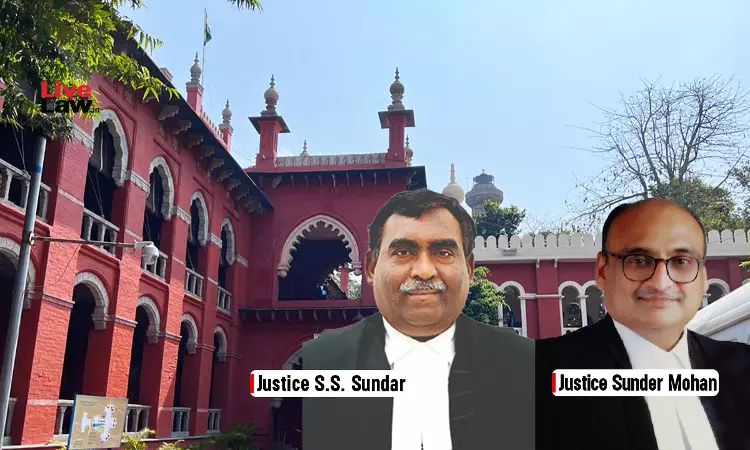ED Can't Summon District Collectors, Argues Tamil Nadu Govt; Madras High Court To Pass Order Tomorrow
Upasana Sajeev
27 Nov 2023 7:43 PM IST

Next Story
27 Nov 2023 7:43 PM IST
Challenging the summons issued by the Enforcement Directorate to District Collectors in Tamil Nadu in an alleged sand mining money laundering case, Senior Advocate Dushyant Dave argued that the ED could not issue summons to the officers under the Act and if any assistance of the officers was required, the ED could have requested the officers instead.“The Parliament has not given them...
